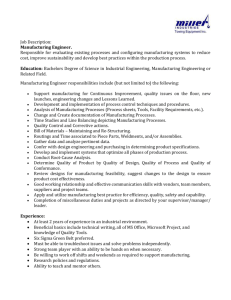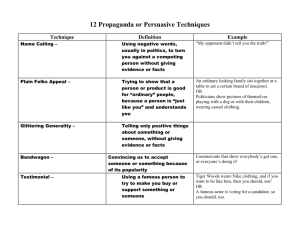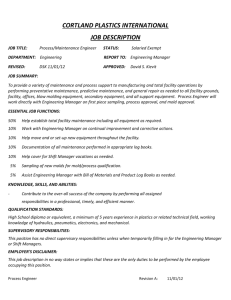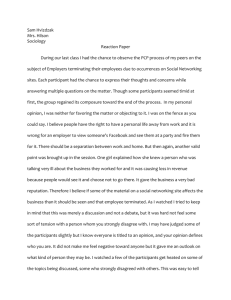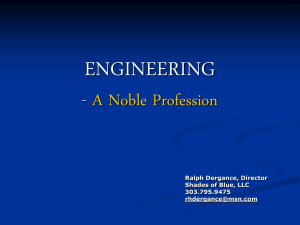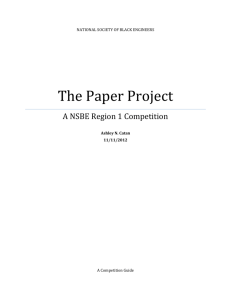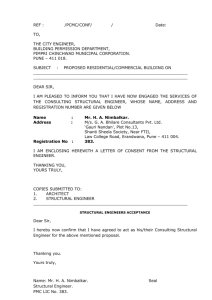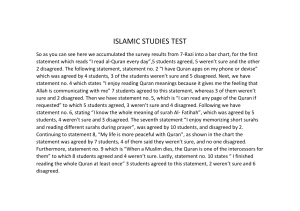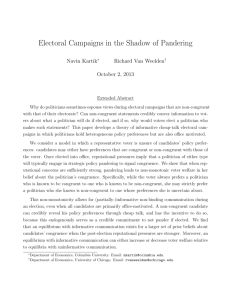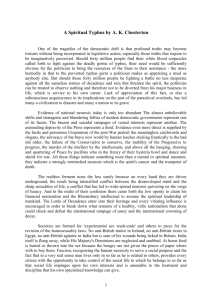Accurate, Vivid Writing
advertisement
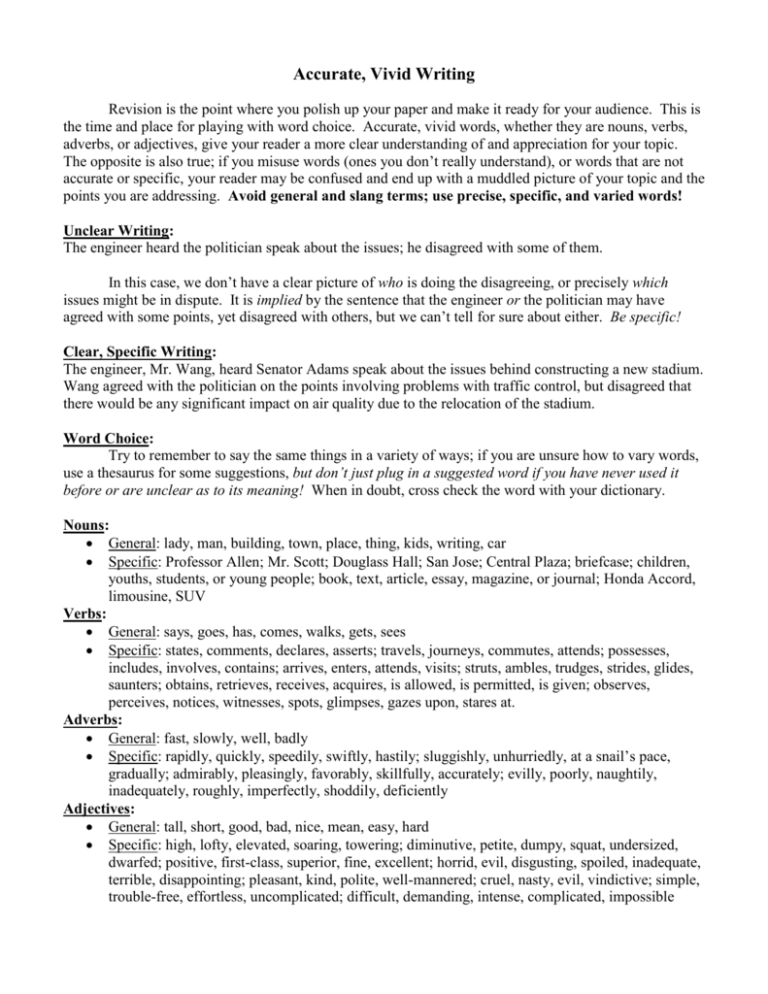
Accurate, Vivid Writing Revision is the point where you polish up your paper and make it ready for your audience. This is the time and place for playing with word choice. Accurate, vivid words, whether they are nouns, verbs, adverbs, or adjectives, give your reader a more clear understanding of and appreciation for your topic. The opposite is also true; if you misuse words (ones you don’t really understand), or words that are not accurate or specific, your reader may be confused and end up with a muddled picture of your topic and the points you are addressing. Avoid general and slang terms; use precise, specific, and varied words! Unclear Writing: The engineer heard the politician speak about the issues; he disagreed with some of them. In this case, we don’t have a clear picture of who is doing the disagreeing, or precisely which issues might be in dispute. It is implied by the sentence that the engineer or the politician may have agreed with some points, yet disagreed with others, but we can’t tell for sure about either. Be specific! Clear, Specific Writing: The engineer, Mr. Wang, heard Senator Adams speak about the issues behind constructing a new stadium. Wang agreed with the politician on the points involving problems with traffic control, but disagreed that there would be any significant impact on air quality due to the relocation of the stadium. Word Choice: Try to remember to say the same things in a variety of ways; if you are unsure how to vary words, use a thesaurus for some suggestions, but don’t just plug in a suggested word if you have never used it before or are unclear as to its meaning! When in doubt, cross check the word with your dictionary. Nouns: General: lady, man, building, town, place, thing, kids, writing, car Specific: Professor Allen; Mr. Scott; Douglass Hall; San Jose; Central Plaza; briefcase; children, youths, students, or young people; book, text, article, essay, magazine, or journal; Honda Accord, limousine, SUV Verbs: General: says, goes, has, comes, walks, gets, sees Specific: states, comments, declares, asserts; travels, journeys, commutes, attends; possesses, includes, involves, contains; arrives, enters, attends, visits; struts, ambles, trudges, strides, glides, saunters; obtains, retrieves, receives, acquires, is allowed, is permitted, is given; observes, perceives, notices, witnesses, spots, glimpses, gazes upon, stares at. Adverbs: General: fast, slowly, well, badly Specific: rapidly, quickly, speedily, swiftly, hastily; sluggishly, unhurriedly, at a snail’s pace, gradually; admirably, pleasingly, favorably, skillfully, accurately; evilly, poorly, naughtily, inadequately, roughly, imperfectly, shoddily, deficiently Adjectives: General: tall, short, good, bad, nice, mean, easy, hard Specific: high, lofty, elevated, soaring, towering; diminutive, petite, dumpy, squat, undersized, dwarfed; positive, first-class, superior, fine, excellent; horrid, evil, disgusting, spoiled, inadequate, terrible, disappointing; pleasant, kind, polite, well-mannered; cruel, nasty, evil, vindictive; simple, trouble-free, effortless, uncomplicated; difficult, demanding, intense, complicated, impossible
